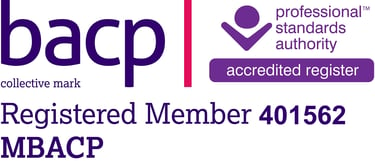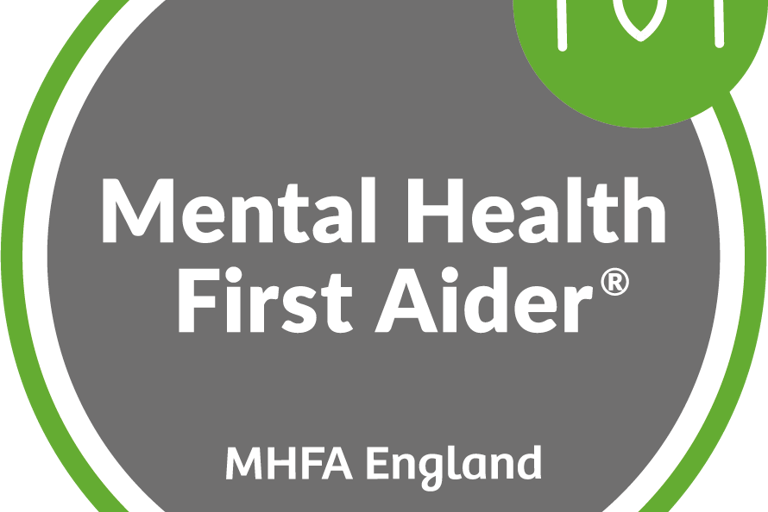The Power of Responding Calmly: Avoiding Quarrels by Choosing Your Words Wisely
6/26/20242 min read


Understanding the Wisdom of W.A. Nance
We've all been there: a heated moment where emotions run high and we feel compelled to respond with equal intensity. However, W.A. Nance's wise words, 'Never answer an angry word with an angry word. It's the second one that makes the quarrel,' remind us that it’s often our response that can escalate or defuse a situation.
Why Responding Calmly Matters
Responding to anger with anger rarely leads to a positive outcome. When we react impulsively, we often say things we don’t mean, further inflaming the situation. By maintaining our composure and responding calmly, we can prevent a minor disagreement from turning into a full-blown quarrel.
Calm responses also demonstrate emotional intelligence and self-control. They show that we are capable of managing our emotions and can handle conflicts constructively. This can lead to better communication and stronger relationships in the long run.
Practical Tips for Staying Calm in Heated Moments
While it’s easier said than done, there are several strategies you can employ to respond calmly in the face of anger:
- Take a deep breath: Pausing for a moment to breathe deeply can help you collect your thoughts and approach the situation more rationally.
- Listen actively: Sometimes, the other person just wants to be heard. By listening to their concerns without interrupting, you can address the root of their frustration.
- Use 'I' statements: Instead of blaming or accusing, express how you feel using 'I' statements. For example, 'I feel upset when...' rather than 'You always...'
- Walk away if necessary: If you feel overwhelmed, it’s okay to take a break and return to the conversation when you’re calmer.
Turning Conflicts into Opportunities for Growth
Every conflict is an opportunity to learn and grow. By responding calmly and thoughtfully, you can turn a potentially negative situation into a chance to improve your communication skills and strengthen your relationships. Remember, it’s not about avoiding conflicts altogether but handling them in a way that promotes understanding and resolution.
In conclusion, next time you find yourself in a heated exchange, take a moment to remember W.A. Nance’s advice. By choosing not to answer an angry word with an angry word, you hold the power to defuse tension and foster a more peaceful and productive dialogue.






